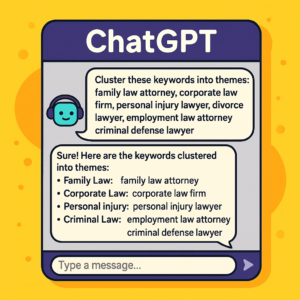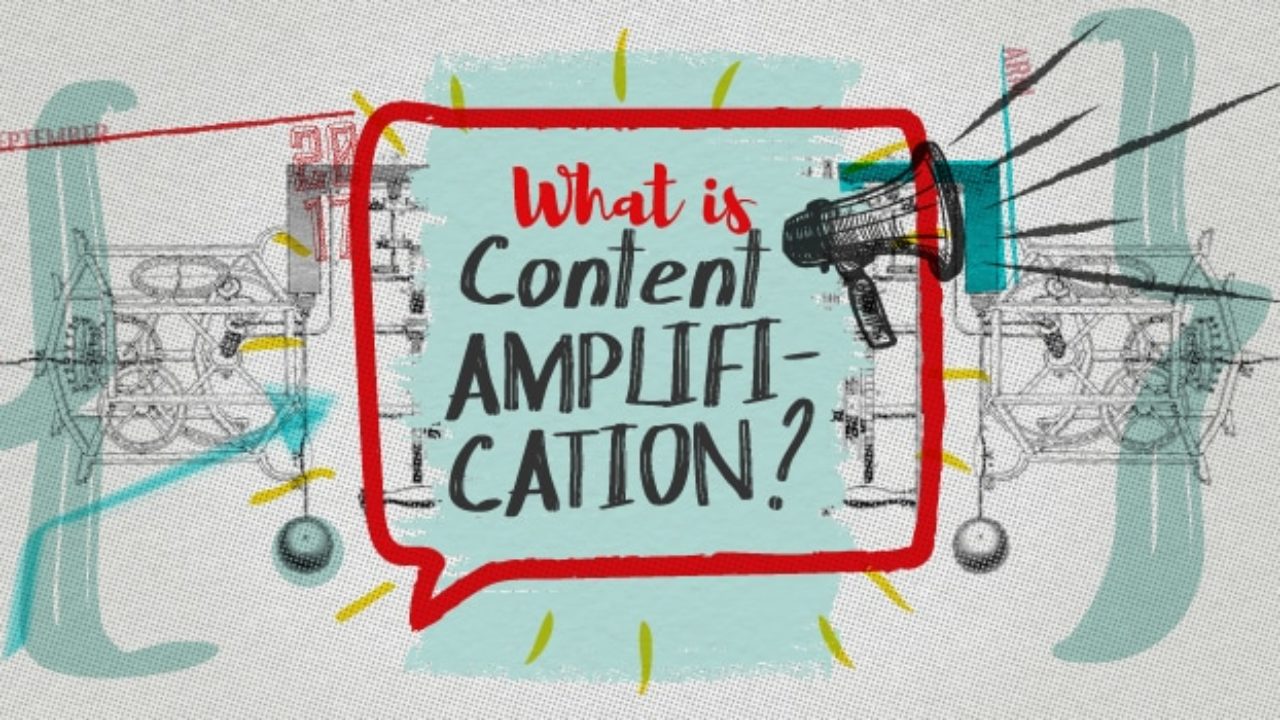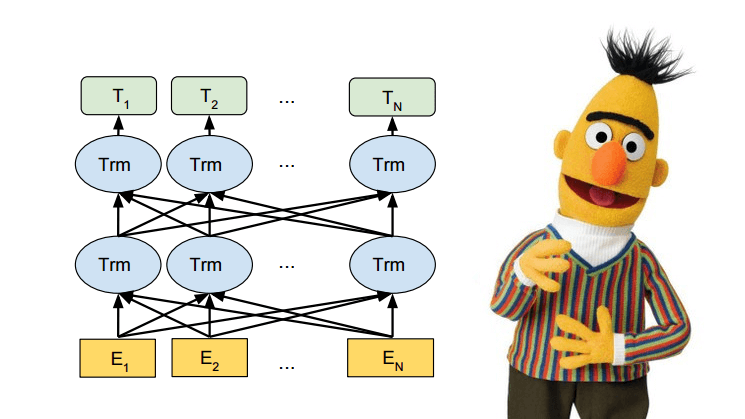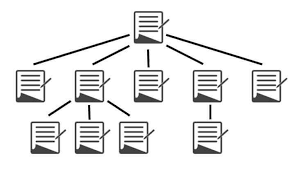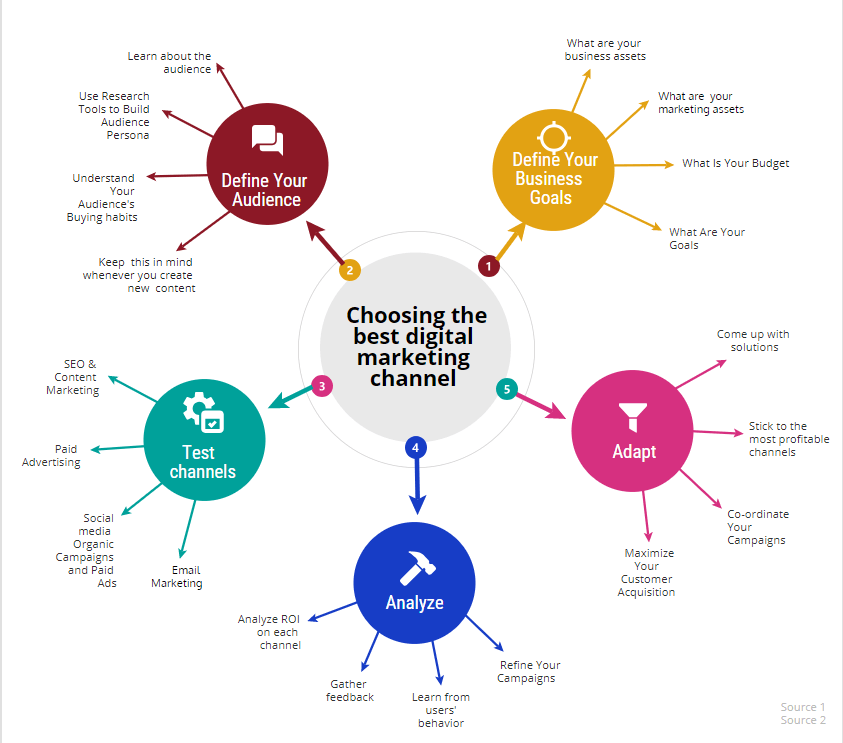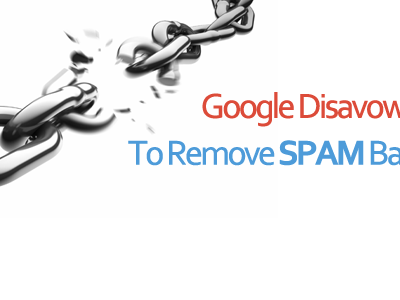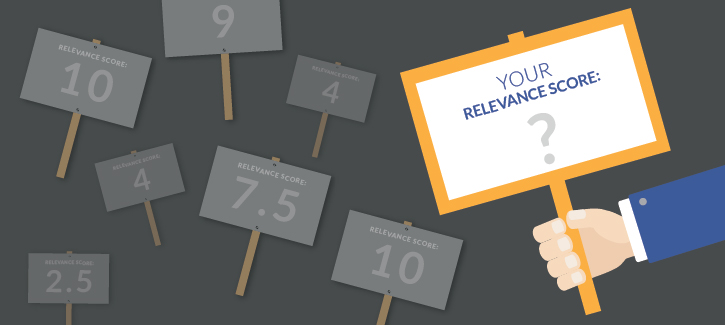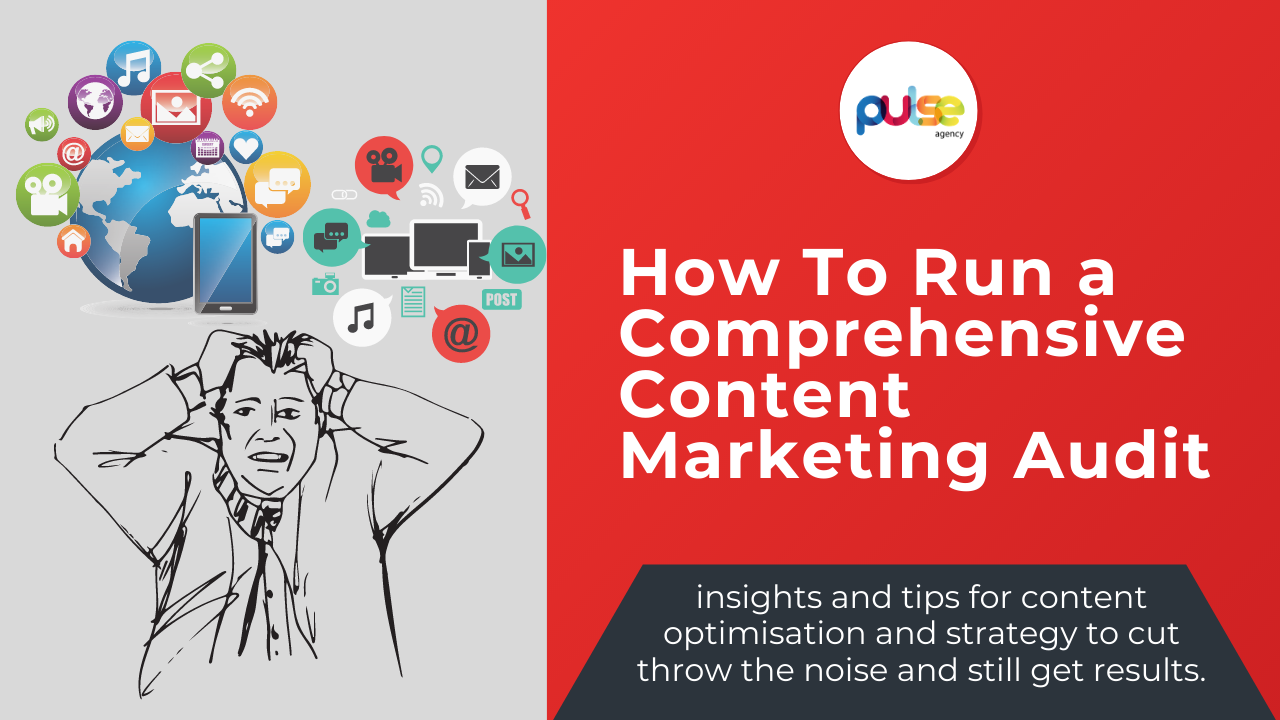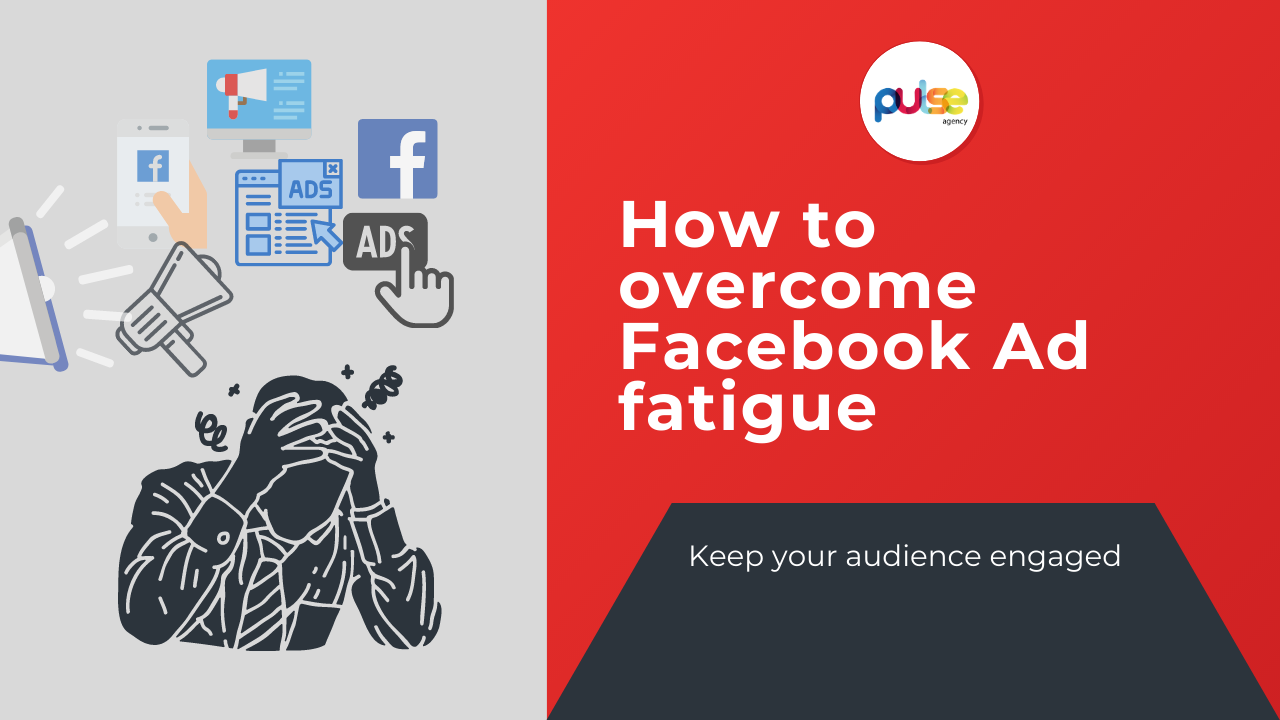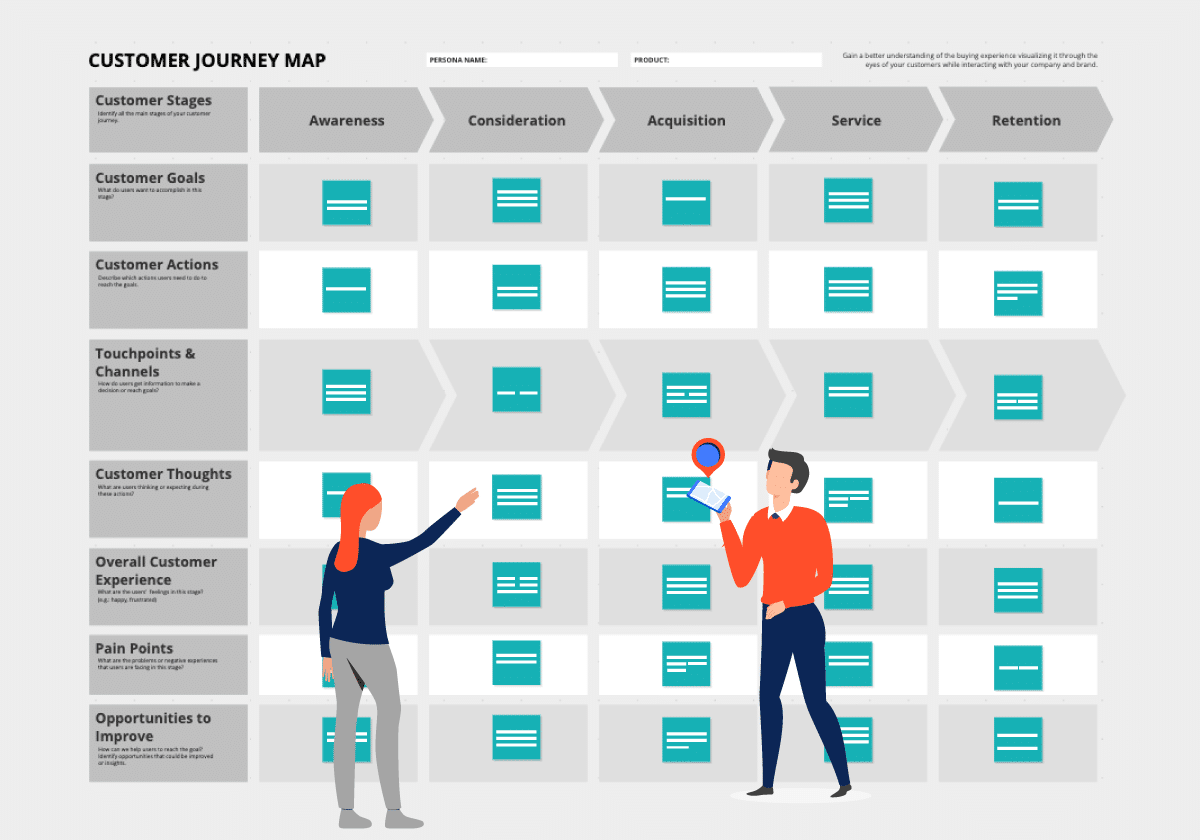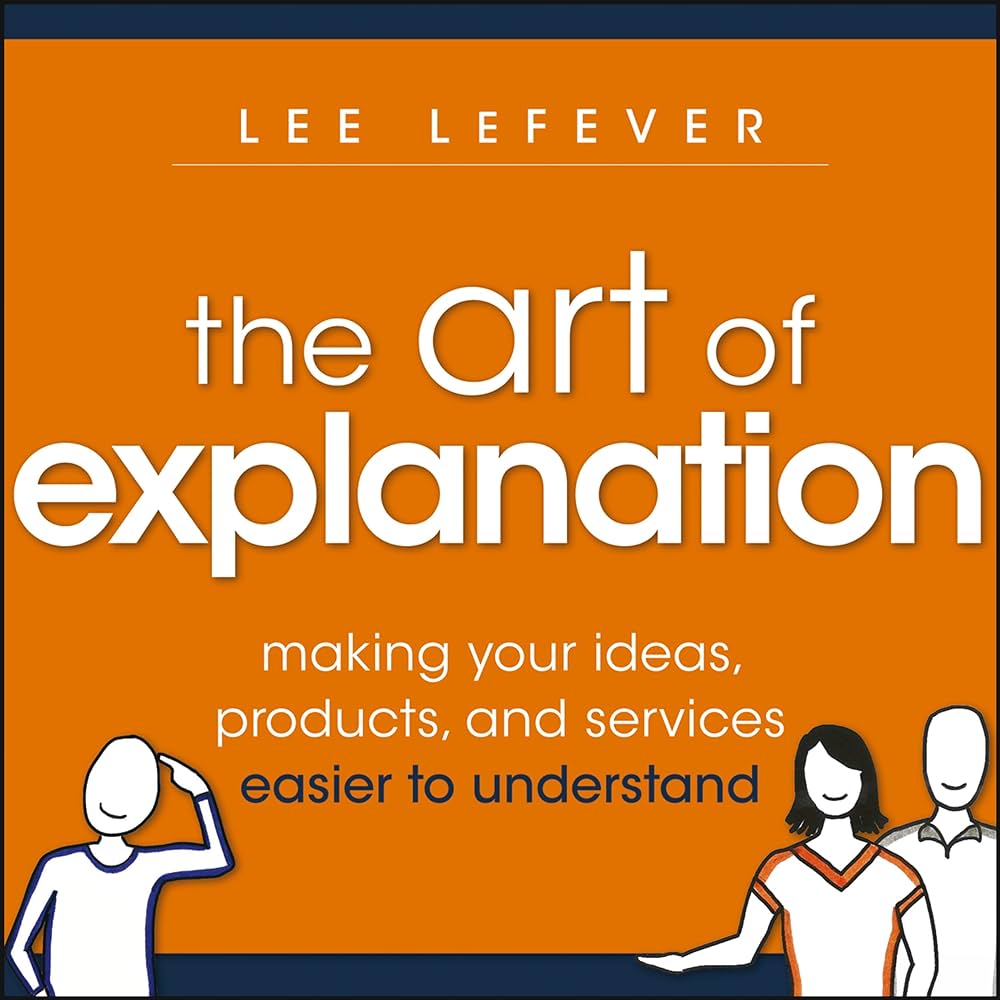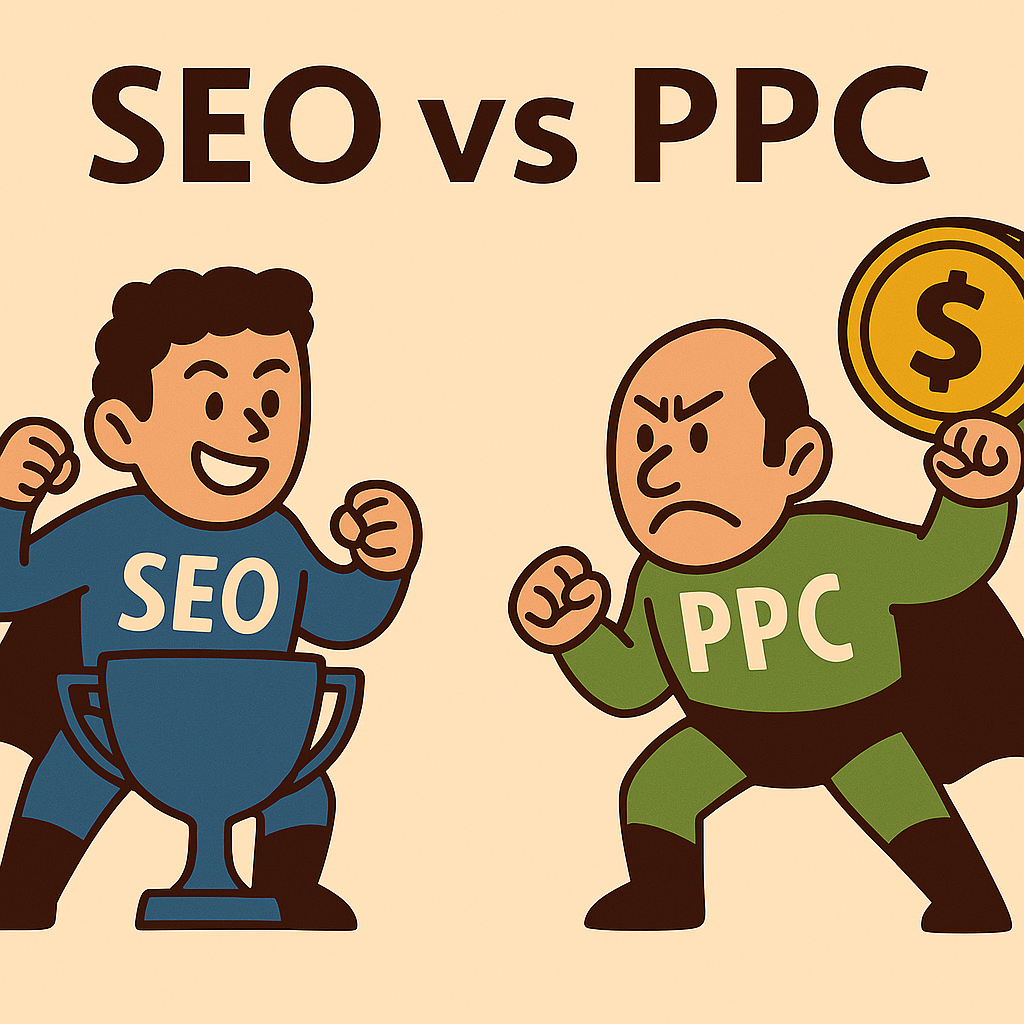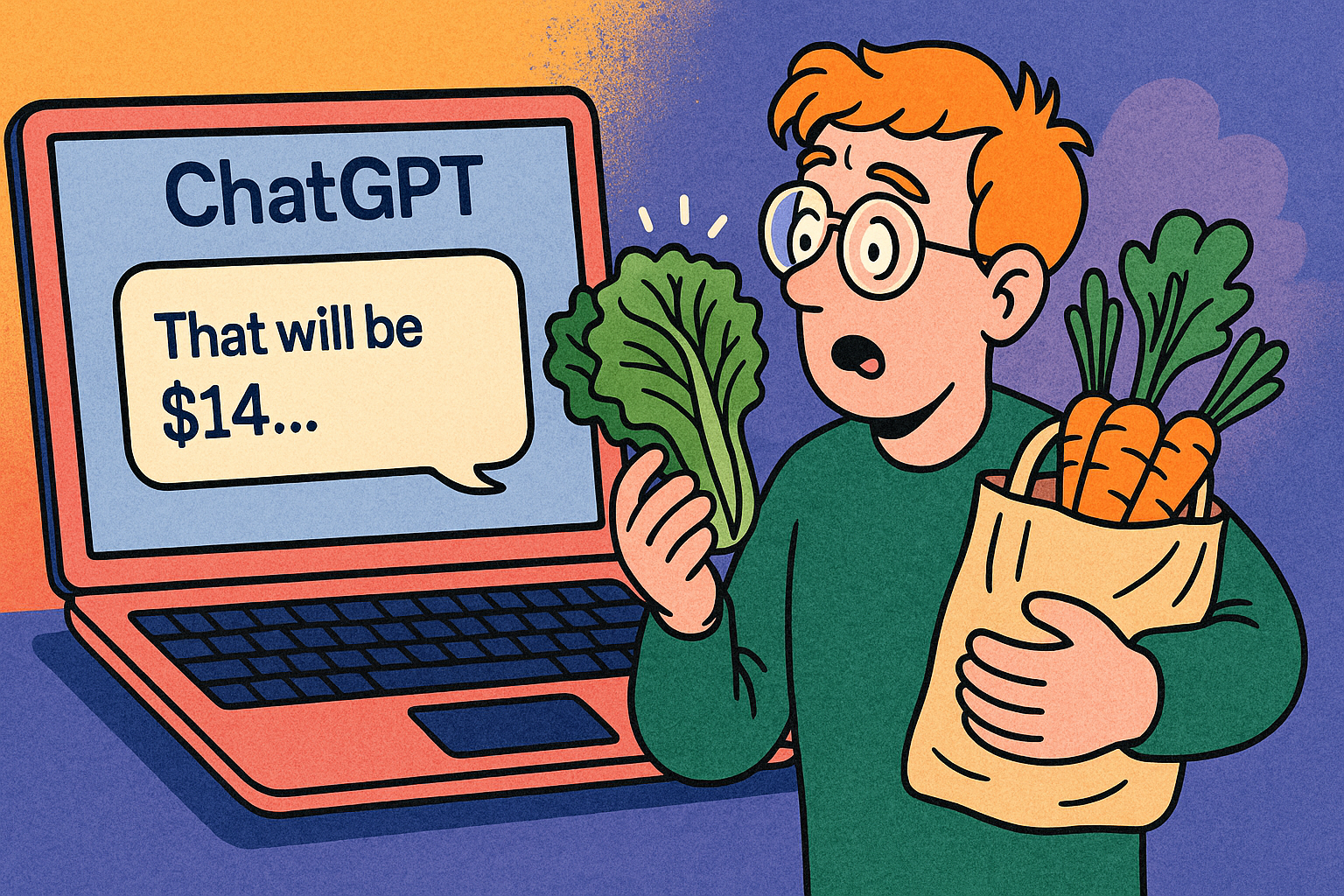
How to do keyword research using ChatGPT and Google Sheets: practical guide for smarter marketing
Keyword research is planning, not just optimisation. Keyword research isn’t just a tool for SEO specialists or Google Ads experts. It’s a way to understand how people talk about your services, what language they use, what they’re looking for, and where the demand really is. Or Google Ads experts. It’s a way to understand […]
Table of Contents
Keyword research is planning, not just optimisation.
Keyword research isn’t just a tool for SEO specialists or Google Ads experts. It’s a way to understand how people talk about your services, what language they use, what they’re looking for, and where the demand really is. Or Google Ads experts. It’s a way to understand how people talk about your services, what language they use, what they’re looking for, and where the demand really is.
If you’re an Australian business owner or marketer, you’ve likely faced questions like:
- What terms do people use in Sydney vs Brisbane?
- Are they searching for a “law firm”, a “legal agency”, or just a “lawyer near me”?
- Is there actual demand for the niche you want to grow?
Smart keyword research helps you answer all of this—before you write a page or run an ad.
And even if you’re not running SEO or Google Ads right now, this process gives you something even more powerful: market intelligence.
The problem: keyword data is messy and repetitive
Whether you’re pulling keyword suggestions from Google Ads Keyword Planner, SEMrush, or Ubersuggest, the raw data is messy. You’ll get hundreds of variations:
- lawyer sydney
- best family lawyer near me
- family law solicitors australia
- top law firm for custody cases
…and so on.
Trying to group these manually is tedious. And without structure, you can’t:
- Identify which services have the most demand
- Understand what types of providers people look for (agency, consultant, specialist?)
- Spot which keywords are about informational content vs commercial intent
This is where ChatGPT and Google Sheets become your best combo. If you’re looking for expert help implementing this kind of structure in your SEO or ad campaigns, check out our Google Ads management services at Pulse Agency.
Step 1: Start with categories, not keywords
Before dumping keywords into a spreadsheet, ask yourself: how would I naturally group my services if I were building a website? For our example (a law firm), we used these three dimensions:
- Services Provided — e.g. Family Law, Property Law, Wills & Estates
- Type of Provider — e.g. Agency, Firm, Consultant, Specialist
- Type of Organisation — e.g. Firm, Practice, Company
This gave us a framework to make sense of the chaos.
These aren’t just tags—they’re valuable marketing insights. When you know how often people search for a “consultant” versus a “firm,” or for “property law” over “wills,” you can start shaping your messaging, navigation, even product offers accordingly.
Step 2: Let ChatGPT help you group your keywords
Here’s a ChatGPT prompt you can use:
“Group the following list of legal service-related keywords into themes based on user intent and service category. Return the output as a table with columns: Keyword, Service Category, Intent, and Suggested Page Title.”
You’ll instantly get clustered results you can refine further in Sheets.
Want even more structure? Ask ChatGPT this:
“Give me a list of common keyword stems and modifiers for law firm-related searches in Australia, grouped by service type (e.g. Family Law, Property Law).”
This gives you a reusable keyword framework for content planning, PPC, and even site navigation.
Here’s what a sample response might look like:
| Keyword | Service Category | Intent | Suggested Page Title |
|---|---|---|---|
| best family lawyer sydney | Family Law | Commercial | Top Family Lawyers in Sydney |
| property settlement advice | Property Law | Informational | Property Law Advice in Australia |
| wills and probate lawyer | Wills & Estates | Commercial | Wills & Probate Legal Services |
Step 3: Automate the tagging process with a Google Sheets script
Once you have your keyword list in a Google Sheet, use a simple Apps Script to tag each keyword based on matches.
We wrote a script that scans each keyword and automatically assigns values to three columns:
- Services Provided
- Type of Provider
- Type of Organisation
The logic is simple:
- If the keyword contains “SEO”, mark it as Service: SEO
- If it includes “agency” or “consultant”, mark that under Provider
- If it includes “firm”, tag it under Organisation
This helps turn raw data into something actionable. Want to see the exact script? [We’ll add a GitHub link here later.]
Even if you’re not technical, this kind of automation means you can handle hundreds or thousands of keywords without losing your mind.
Want to try this script on your own keyword list?
We’ve published the full script on GitHub so you can copy it into your own Google Sheet and start tagging keywords automatically.
👉 View the Google Sheets keyword categoriser script on GitHub
It’s lightweight, flexible, and saves hours of manual sorting. We’ve also included setup instructions and a sample sheet so you can get started fast.
Step 4: Use filters, not formulas, to plan content and campaigns
Once your data is categorised, use filters in Google Sheets to:
- Find all keywords related to “Family Law” with high commercial intent
- Filter for keywords about “Specialist” providers vs generic terms
- See where demand is strongest (by volume)
You’ll be amazed how quickly this turns a messy list into a marketing plan.
How keyword research powers a broader marketing strategy
Real talk: Not all keyword research is equally useful for every marketing task. What we’ve covered here gives you clear insight into search behaviour and service language—but it won’t replace customer interviews or branding strategy. Think of it as your lens for clarity and alignment—not a complete map.
This structured keyword research is helpful beyond just SEO or ad targeting. It gives marketers answers to:
- What services should we focus our messaging on? (based on demand)
- What words or labels resonate with our market? (based on how people search)
- What language should we avoid? (because no one searches that way)
Here’s how marketers and business owners can use these insights:
- Website navigation: Use the categories with the highest search volume to structure your top nav menu.
- Service packaging: If people search for “lead generation consultant” more than “digital marketing expert”, you might want to rename your offering.
- Email subject lines & social ads: Use real-world language your audience uses instead of industry jargon.
- Pitch decks: Prove market demand for a new service or vertical using search data.
In short, it’s not just about ranking—it’s about resonating.
Bonus: How this help beyond SEO and Google Ads
Keyword research done this way also helps with:
- Naming your services (choose the terms people actually use)
- Writing headlines that resonate (based on what searchers say)
- Identifying gaps in your offering (services people search for, but you don’t promote)
It’s market research, demand mapping, and copywriting fuel—all in one.
Additional use cases and next steps
Here are a few practical ways to extend this method into real-world planning:
🏛 For law firms and local service providers:
Use keyword clustering to build service-specific landing pages (e.g. “Divorce Lawyer Sydney”) and identify common queries that can become blog topics or FAQs.
🧰 For consultants and solo marketers:
Use demand-focused keywords like “lead generation specialist” or “LinkedIn ads expert” to name your offerings based on how people actually search.
🧠 For agencies or multi-service businesses:
Use the volume and structure data to prioritise your content calendar or restructure your sitemap around proven service clusters.
FAQ
What makes keyword research useful for non-SEO marketers?
It helps you understand demand, service naming, and audience language.
Can ChatGPT help with keyword strategy?
Yes, especially for clustering and identifying themes across large datasets.
Why use Google Sheets instead of a paid tool?
It’s flexible, free, and, with a script, you can automate what most tools charge for.
Final thoughts
Don’t treat keyword research as just an SEO task. Done right, it’s a powerful lens into your audience’s mindset.
Using ChatGPT to group themes and Google Sheets to categorise at scale gives you the power to:
- Plan smarter
- Automate the boring bits
- Focus on strategy, not spreadsheets
We’ll soon share the open-source version of our script and an editable Google Sheet template.
Want to be the first to get it? Drop your email below or contact Pulse Agency if you’d like us to help you implement this keyword strategy into your website or campaign planning.


